4 Years in 4 (ish) Minutes
Reflections on a PhD
Scott Jeen
University of Cambridge
Agenda
- Zero-Shot Reinforcement Learning: Why?
- With No Prior Data
- From Low Quality Data
- Under Changed Dynamics
- Outlook
- Reflections
Reinforcement Learning: Why?
- Society faces many problems, many of which can be cast as sequential decision-making problems
- Micro: drug discovery- Micro: energy generation control (fusion, fission, wind)- Micro: teacher interacting sequentially with a student- Macro: climate policy- Macro: legislative innovation- Macro: science- Reinforcement learning is the (as yet) most effective computational approach to solving sequential decision-making problems
RL + Simulators + Compute = Superhuman
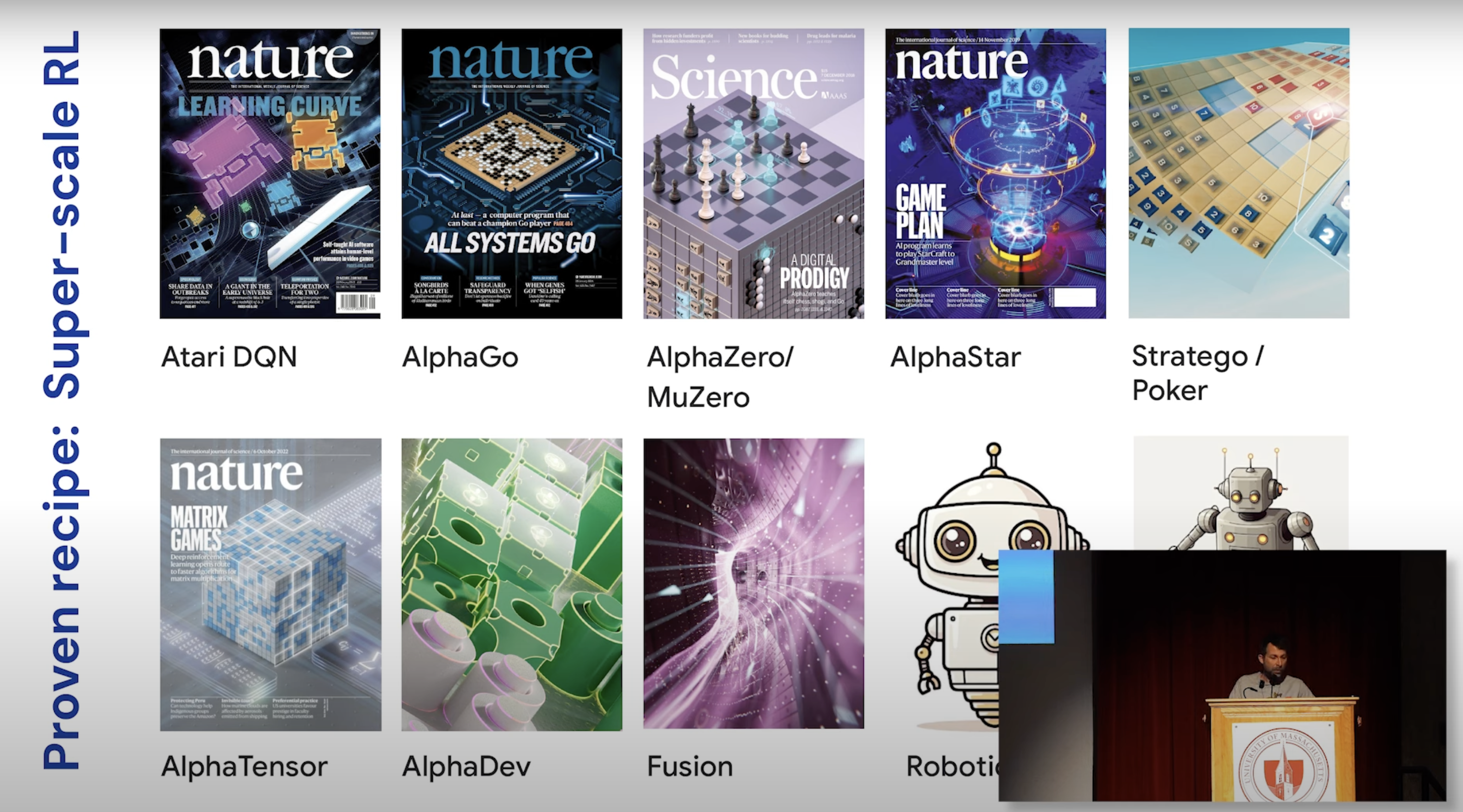
RL + Simulators + Compute = Superhuman

RL + Learned Simulators + Compute = Meh?
- In the absence of a ground-truth simulator, we can learn one from data
- In practice, this means collecting data from our problem’s environment, and building a model that simulates its dynamics
- But these models will only ever be approximations of the real world
- So, a gap between these learned simulators and the real world is inevitable. The system cannot see the real-world in advance.
Zero-Shot Reinforcement Learning
- Adapting quickly to the real-world is the primary concern of zero-shot reinforcement learning methods
- Impressive progress has been made if the gap between the learned simulator and the real-world is small
- I contend that to solve real-world problems these methods need to deal with a larger gap and satisfy
![]()

Paper 1: Data Quality Constraint
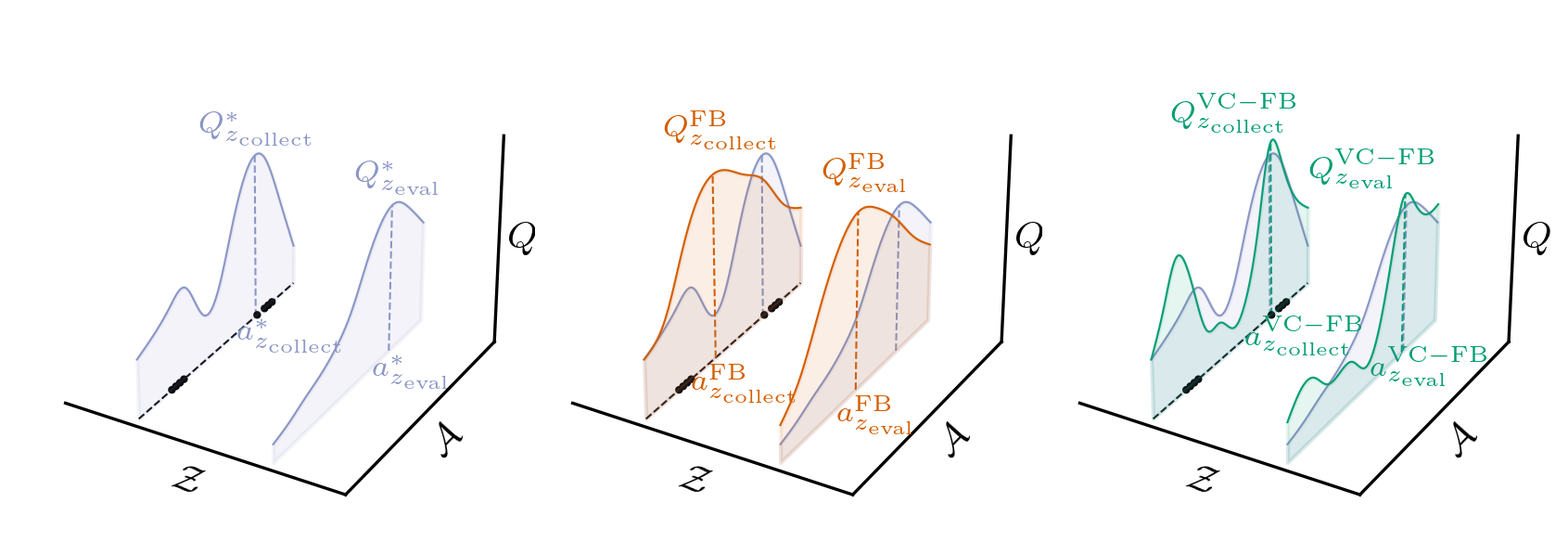
Paper 1: Data Quality Constraint
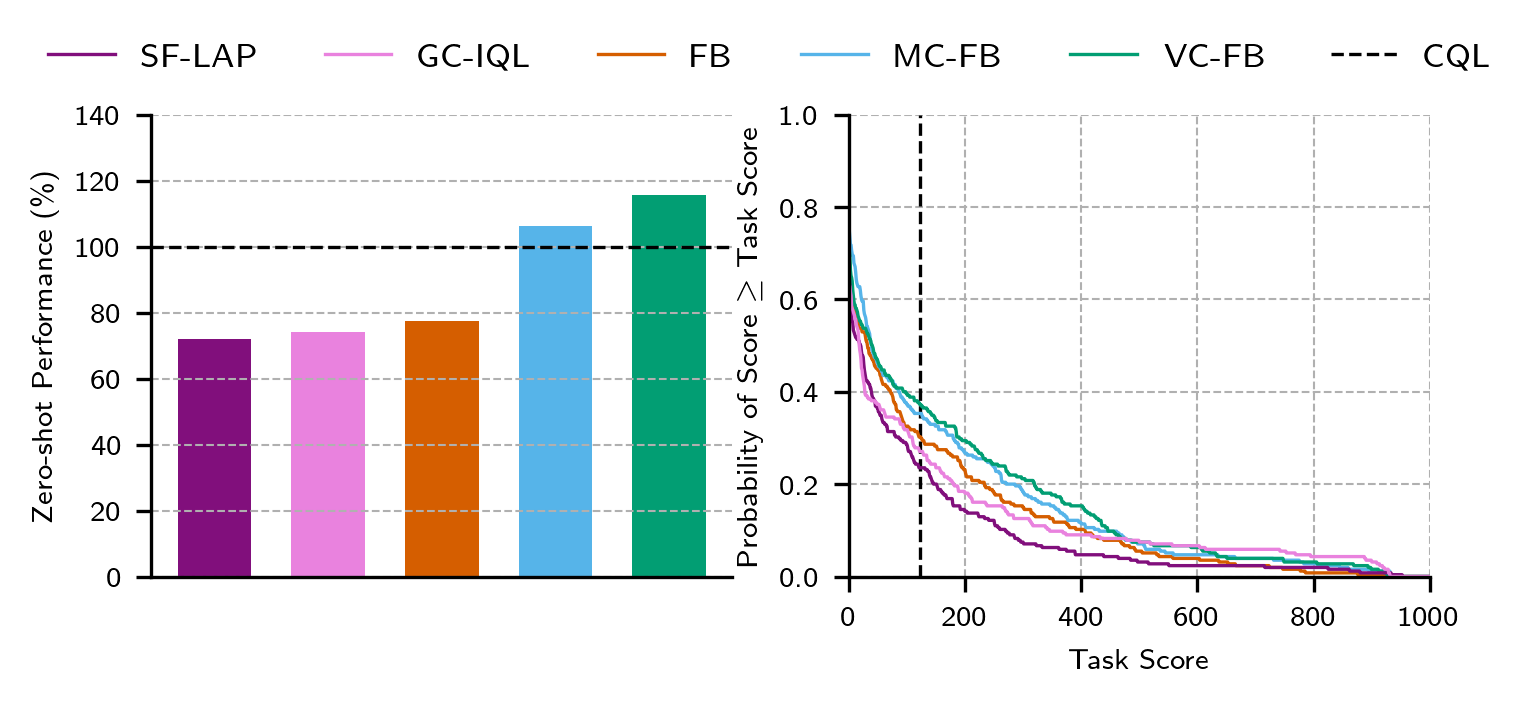
Paper 2a: Dynamics Constraint
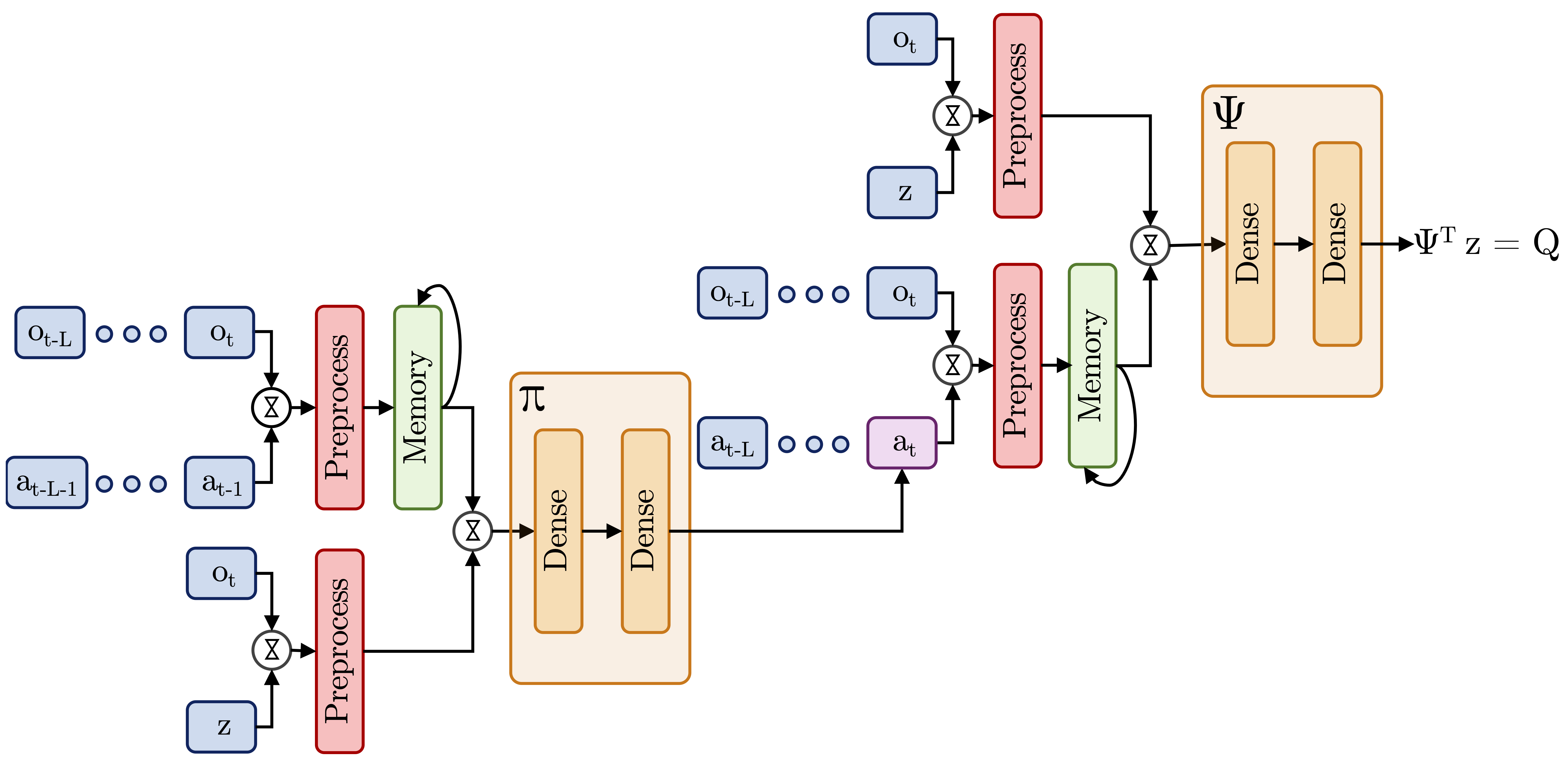
Paper 2a: Dynamics Constraint
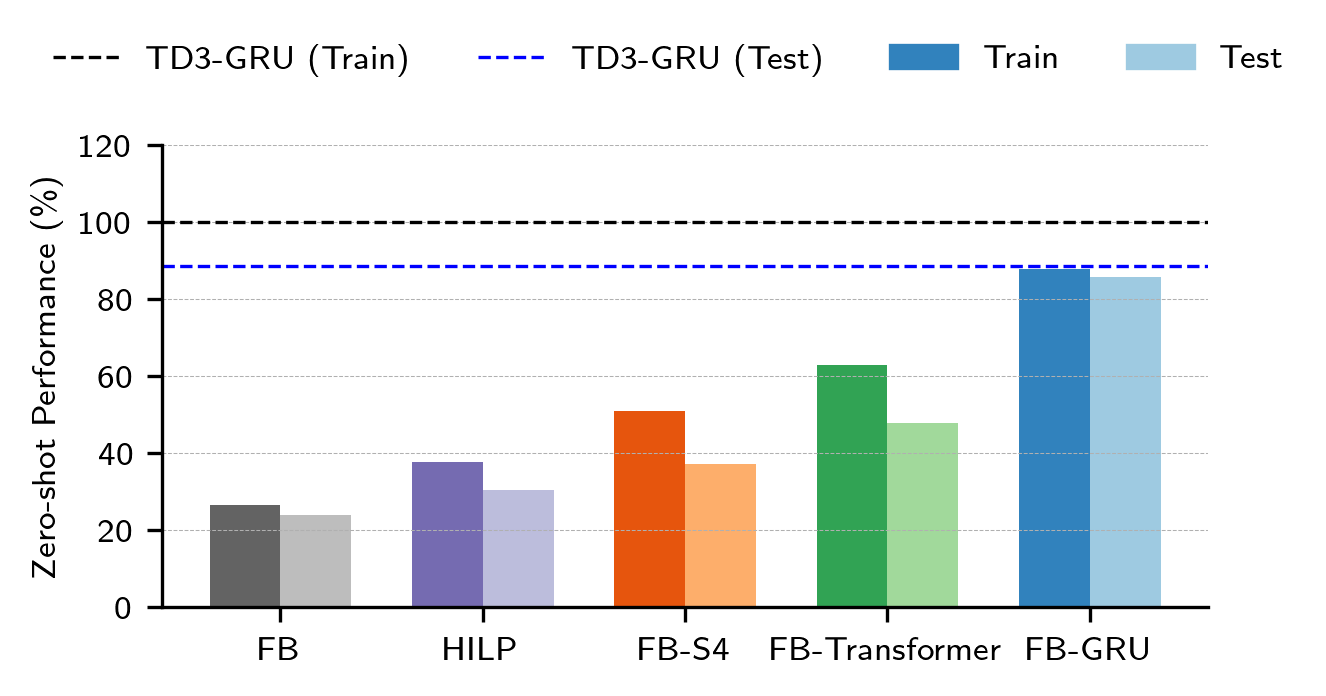
Paper 2b: Dynamics Constraint
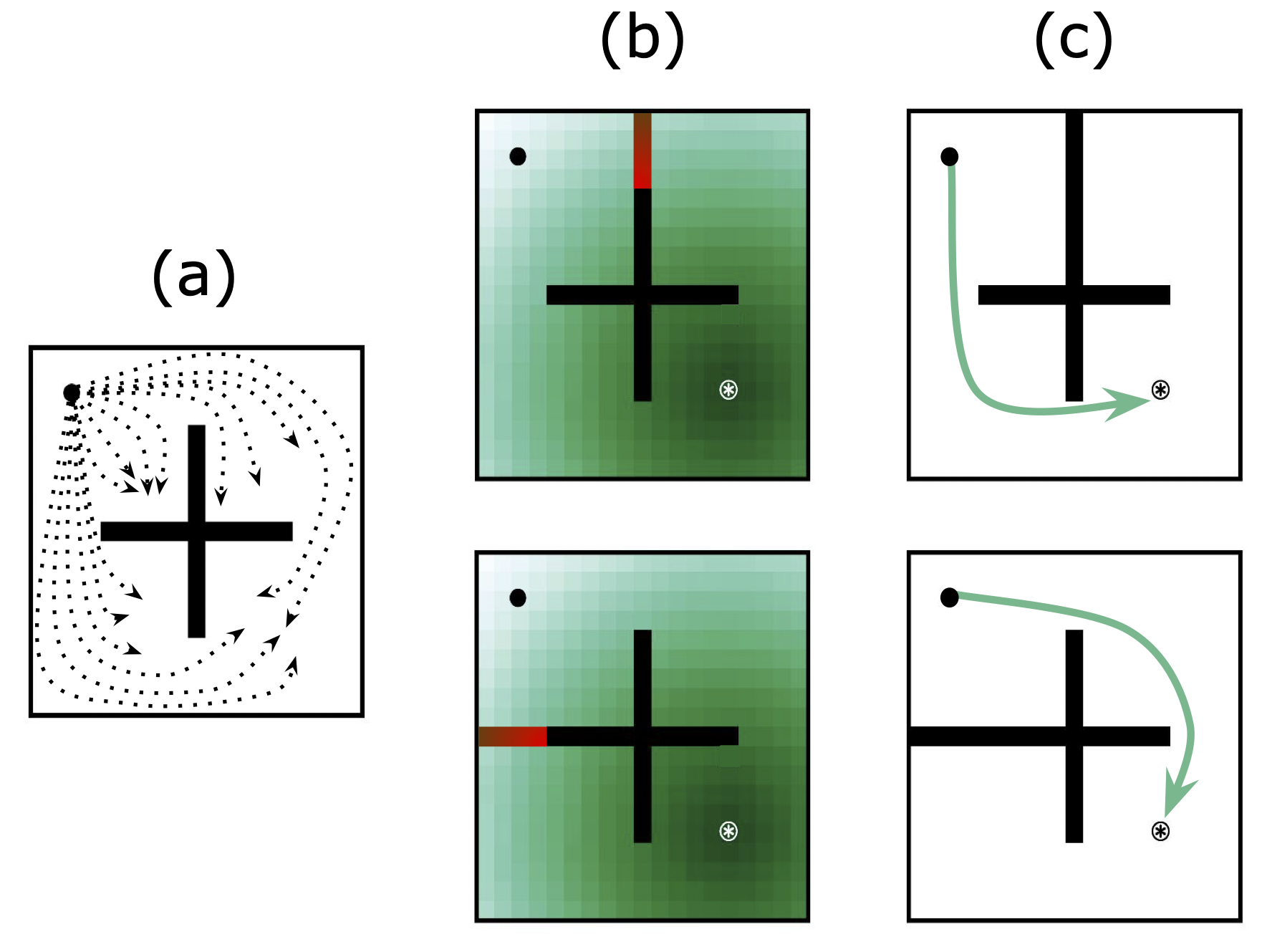
Paper 2b: Dynamics Constraint

Paper 3: With No Prior Data (for building control)

Paper 3: With No Prior Data (for building control)

Reflections
Things I did well
- I hit the rock every day (stonecutter’s creedo)
- I got formal feedback (peer review) as often as I could
- I focussed on problems, not solutions (latterly)
- I didn’t follow the zeitgeist
Reflections
Things I didn’t do well
- I should have spoken to (and collaborated with) more people, especially at conferences
- I could’ve written up my work more frequently
- I could’ve followed the zeitgeist more
- I didn’t spot the building control work was a dead-end quickly enough (I was too focussed on solutions not problems)
- I wasted time in the first 18 months
Things I’ll take away (and you might too)
- Your idea can always be more general
- Your feedback loop can always be tighter (i.e you can always interact with the real-world more regularly)
- You can always speak to more people
- You can always write up your work (even if nobody reads it!)
- There’s a lower bound on the number of attempts it takes to solve a hard problem
- You can always work quicker (sorry)
- You can untie any knot if you play with it long enough (and physics will let you untie it)
